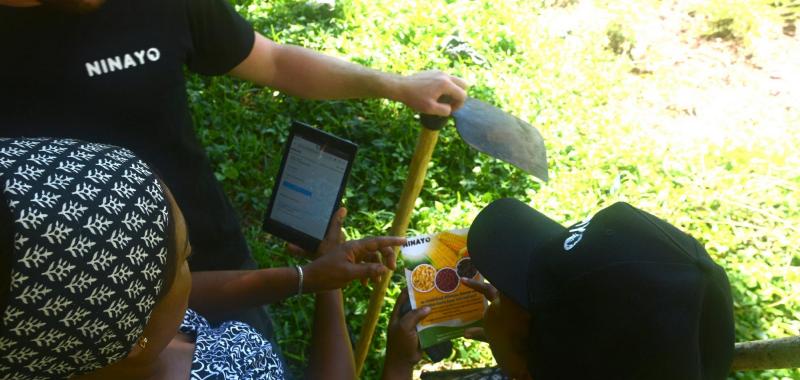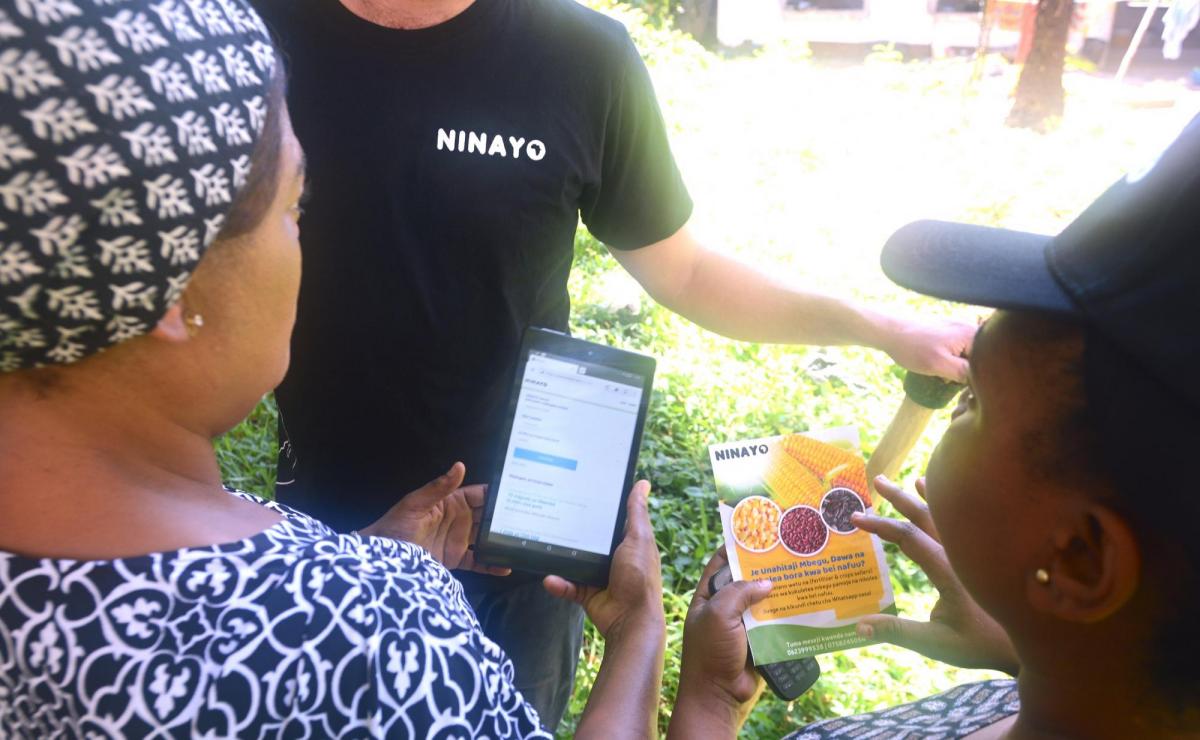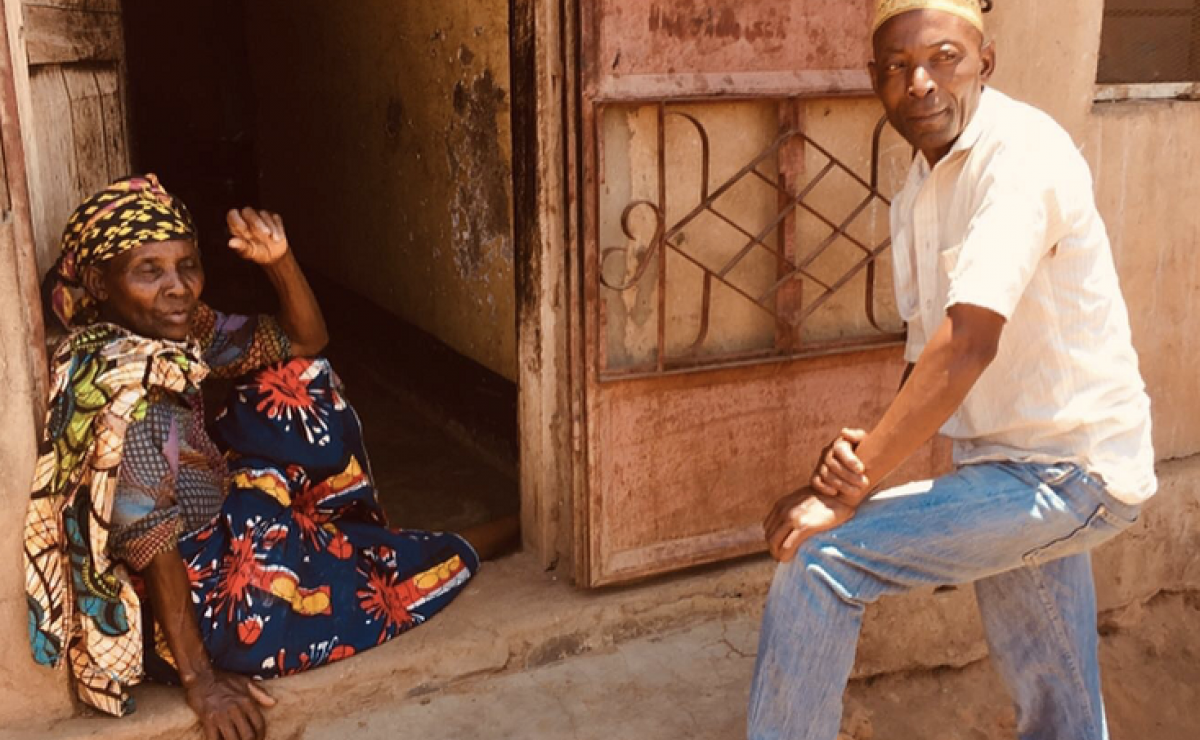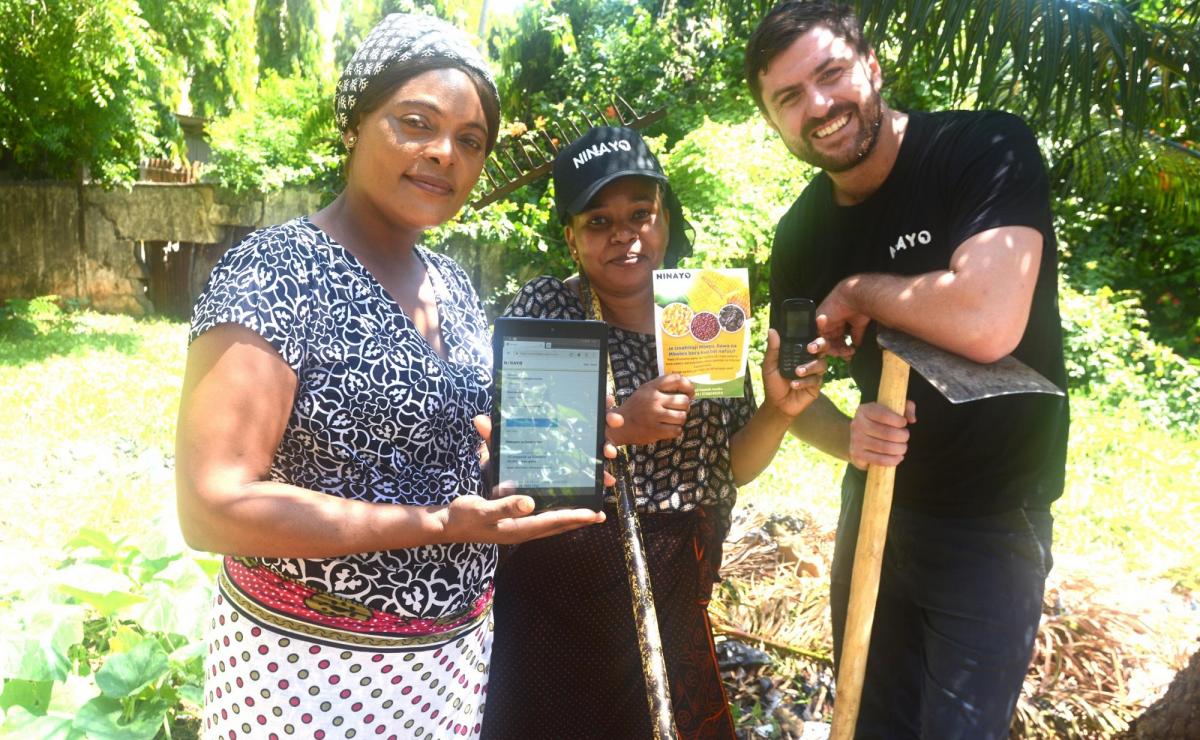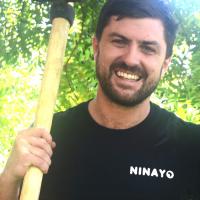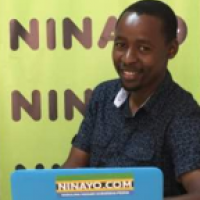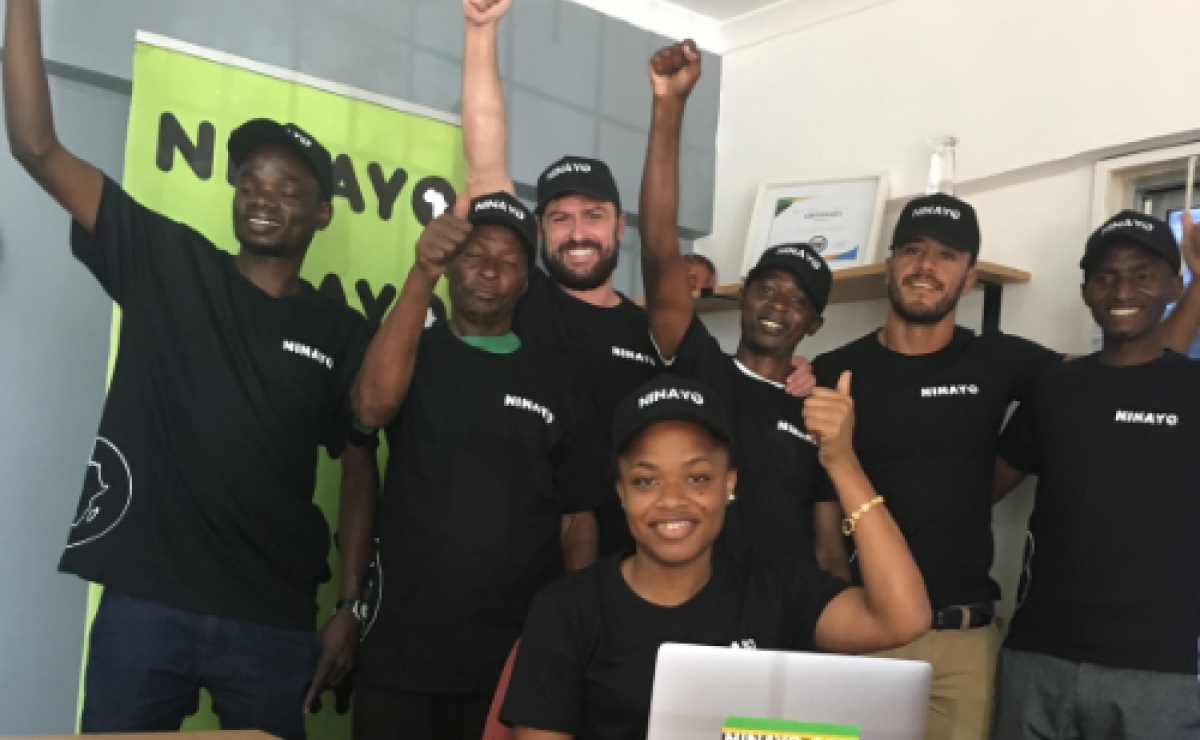After a successful season of providing discounted agro-inputs to over 300 farmers, NINAYO is preparing to help those farmers when they harvest. This means developing a "Quick Codes" (USSD)-based system that will enable farmers to manage the storage and sale of their crops remotely, on a basic feature phone. In May, Ninayo will begin picking up its participating farmers' harvests, bringing them to the biggest maize trading hub in Tanzania, where it will be properly stored and sold when the farmers decide the price is right for them. Once this pilot proves successful, NINAYO plans to scale to surrounding regions and make the offer available to other farmers, as soon as mid-2020.
WFP has developed a vast network of farmer groups across Tanzania, and East Africa. This serves as an excellent avenue for scaling NINAYO's services. Also, the brand strength of the WFP name carries a great deal of weight, not only with farmers, but within the venture capital community. NINAYO is planning to raise its Series A round in the Autumn of 2020, and the WFP Innovation Accelerator's Sprint Programme will be front and center in its pitch deck.
NINAYO is not only seeking investors, but also partners in other African countries to identify opportunities for pilots. While much of East Africa is similar with regards to the challenges of smallholder farmers, understanding local cultures and laws is essential for a successful market entry.




